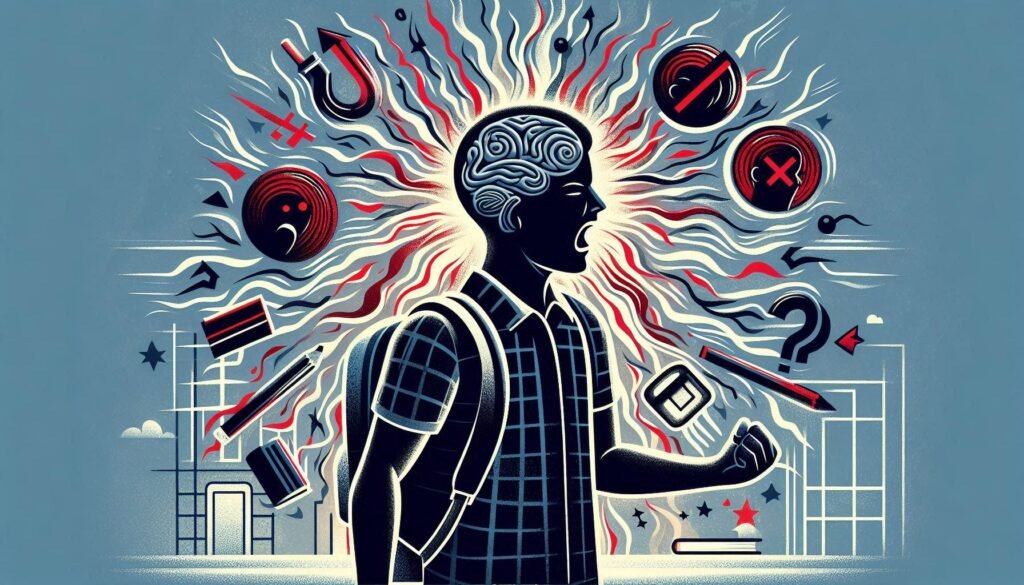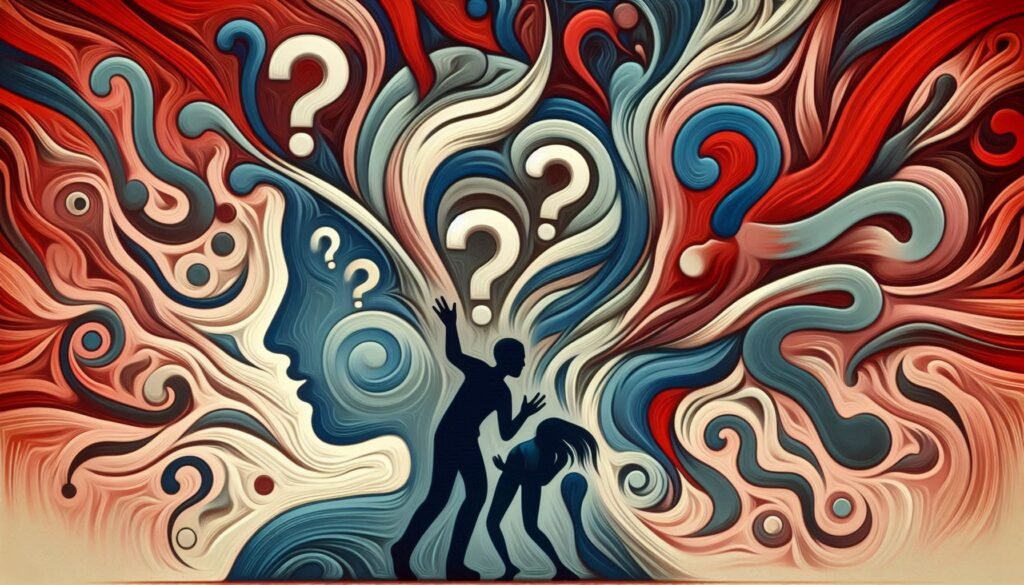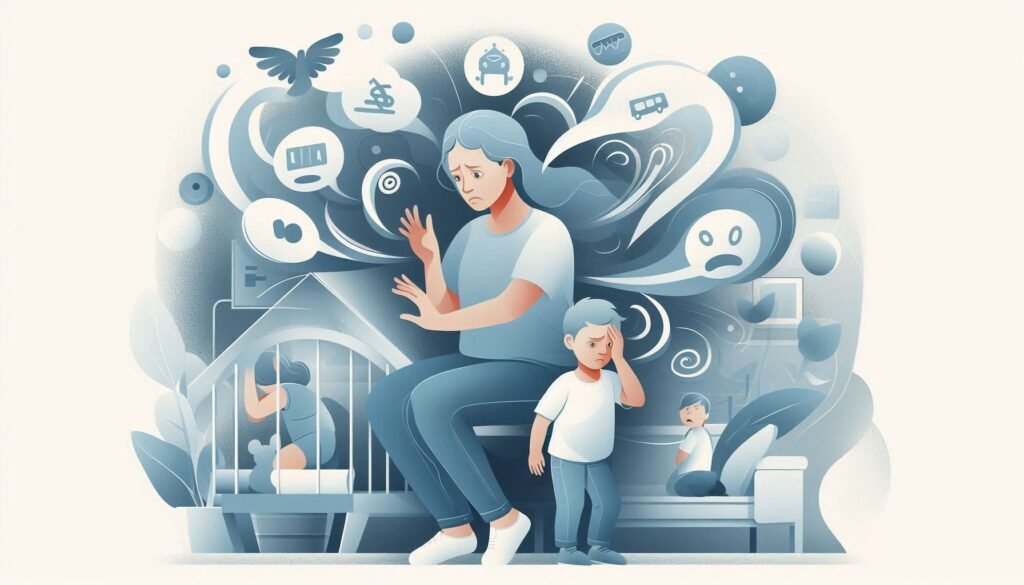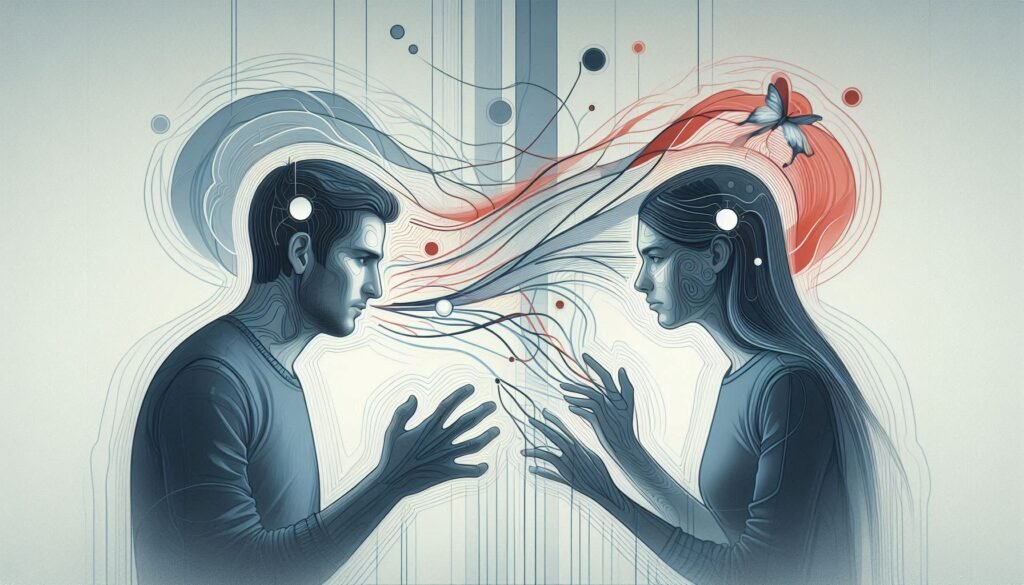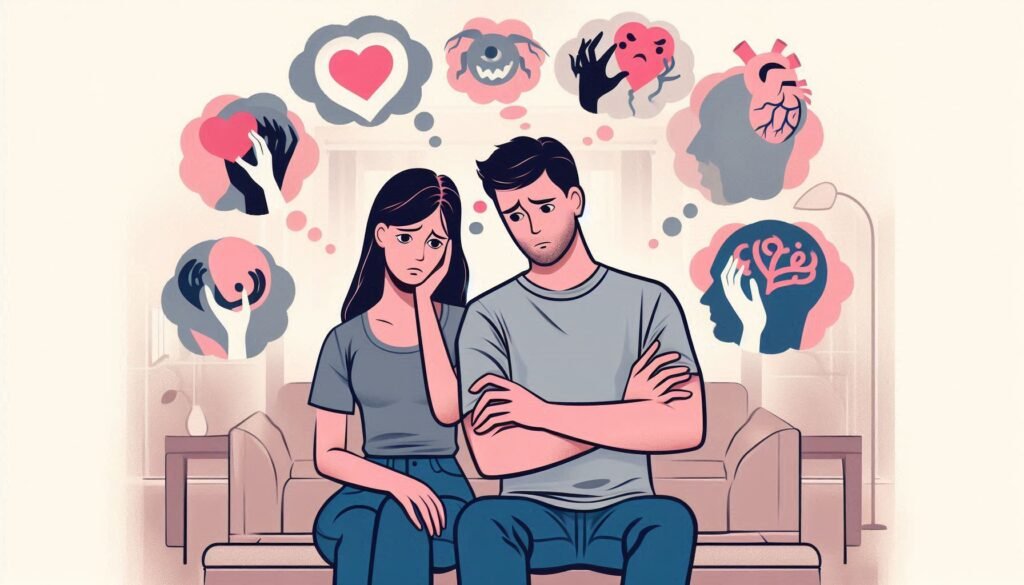Neuroticism and Social Anxiety Disorder: Unraveling the Intricate Connection
Social interactions can be a minefield for many, especially those grappling with social anxiety disorder. The fear of judgment or embarrassment often looms large, making even routine encounters feel daunting. But what if there’s more to this struggle than just situational discomfort? Enter neuroticism—a personality trait characterized by emotional instability and heightened sensitivity to stress. […]
Neuroticism and Social Anxiety Disorder: Unraveling the Intricate Connection Read More »





